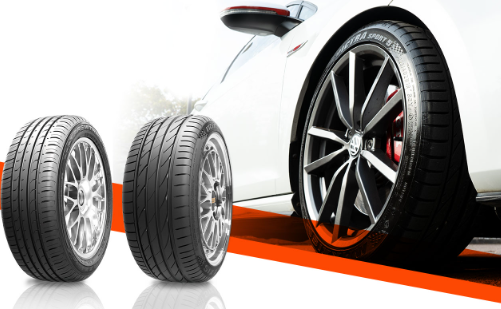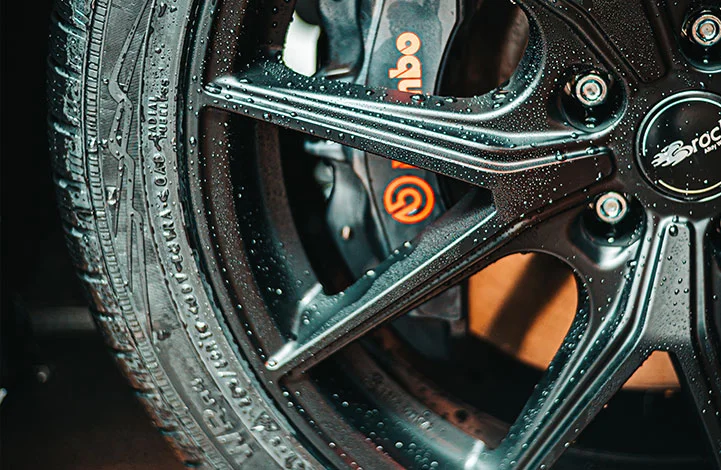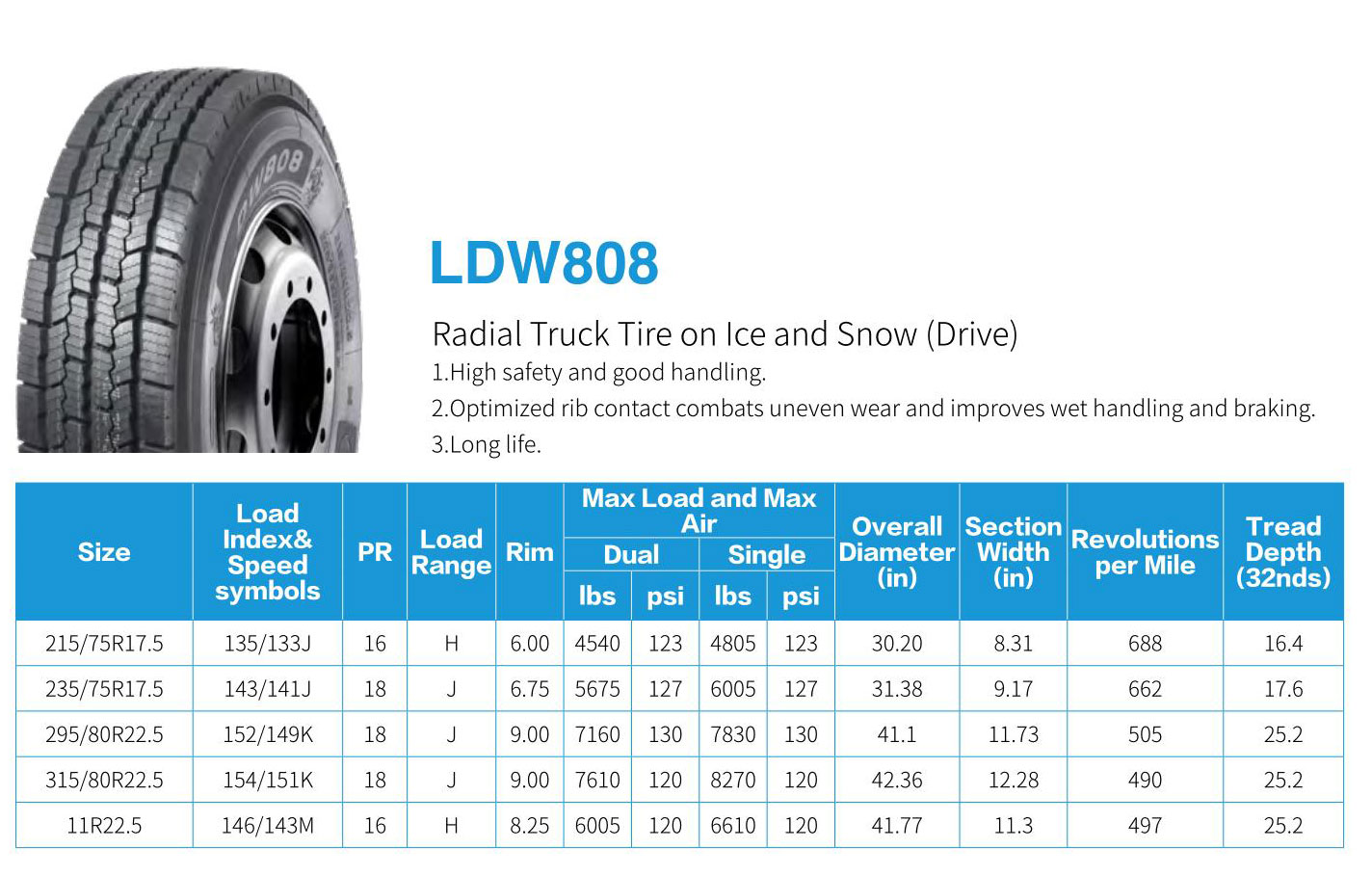TBR Tyres Vs PCR Tyres:What's Differences?
Truck tires and passenger car tires are different in construction, and these differences are designed for their intended use and performance.
PCR Tyres
(Passenger Car tyres)
PCR tyre is the short name of Passenger Car Radial tyre, so we can see that PCR tyres are mainly used for car vehicles.
Application:
PCR tyres are designed for passenger cars, SUVs, and light trucks used for personal transportation purposes. They cater to everyday driving needs and comfort.
Features:
● Comfort: PCR tyres offer a smoother and quieter ride, designed to provide comfort for passengers during city and highway driving.
● Fuel Efficiency: They are often engineered to improve fuel efficiency by reducing rolling resistance.

(Truck Bus Radial Tyres)
TBR tyres are called commercial tyres, as these tyres are often used on commercial vehicles.
Application:
TBR tyres are primarily designed for heavy-duty vehicles such as trucks and buses. These tyres are built to withstand the weight and demands of commercial use, making them suitable for long-haul transportation and freight carrying.
Features:
● Durability: TBR tyres are known for their durability and longevity, designed to withstand frequent use over long distances.
● High Load Capacity: They have a higher load-carrying capacity compared to PCR tyres, making them ideal for commercial vehicles.

PCR Tyres | TBR Tyres | |
Construction | Adopt robust sidewalls to support heavy loads and maintain stability | Have more flexible sidewalls to prioritise comfort and ride quality. |
Usage | Suitable for passenger cars, SUVs, and light trucks used for daily commuting | Suitable for trucks, buses, and other heavy-duty vehicles used in transportation industry |
Differences between TBR Tyres & PCR Tyres
1. Different sizes
The first and most obvious difference is that truck tires are simply larger and wider than passenger car tires. Beyond this obvious difference a key distinguishing factor is that passenger car tires (and light truck tires placed on SUVs) typically have two steel belts. Medium truck and bus tires have four steel belts. The doubling of the steel belts in truck tires makes the truck tires more robust and durable.
2. Different inner-liner
The inner-liner of a truck tyre is thicker than passenger car tyre or light truck tire and typically has a higher halobutyl content to ensure that pressurized oxygen from the inner chamber of the tire does not permeate into the body of the tire and cause degradation of the tire components.
3. Different tread lengths
TBR tyre may have 20/32nds of tread or more. When such a truck tire is halfway worn down to 10/32 of tread it still has an amount of tread available which is similar to what many passenger car tires have when they are new.
Truck tires commonly have under-tread or sub-tread between the tread itself and the top steel belt. Many truck tires are marked as “REGROOVABLE.” This means that when the tread wears down to a level which is below the legal limit deeper grooves can be carved into the remaining tread rubber to allow for continued use of the tire.
Hanksugi TBR Tyre
Hanksugi is a best tyre manufacturer, wholesale TBR tyres is a pioneer of saving fuel. We use environmental friendly raw materials, innovative products design and advanced technology. The whole process produces less emission, little dusk, low noise and consumes less energy. The products are nontoxic, safe, fuel-saving, low noise, anti-slip, can be retreaded, and comply with EU REACH standards.
Hanksugi tyres have better performance of low rolling resistance, thus decreasing energy consumption, saving fuel and lowering exhaust emissions. Hanksugi tyres can save 5% fuel consumption on average. At Hanksugi, investment in technology and high performance go together. We have the best machinery with advanced technologies, raw materials, and the most sophisticated manufacturing processes to deliver you the finest and most performing tyres. Welcome to get best TBR tyre price!


Quick Links
Products
Contact us
Contact Person: David
Email: david@hanksugityre.com
Tel: +86 150 0089 4969
Add: L B26B The Regalia Building, No. 29 Xiabgcheng Rd. Pudong New Area, Shanghai, China














